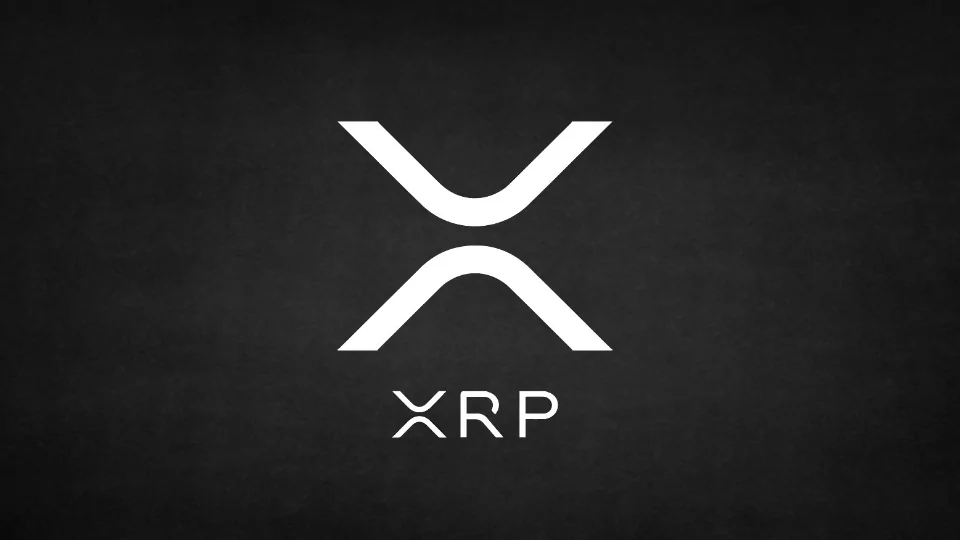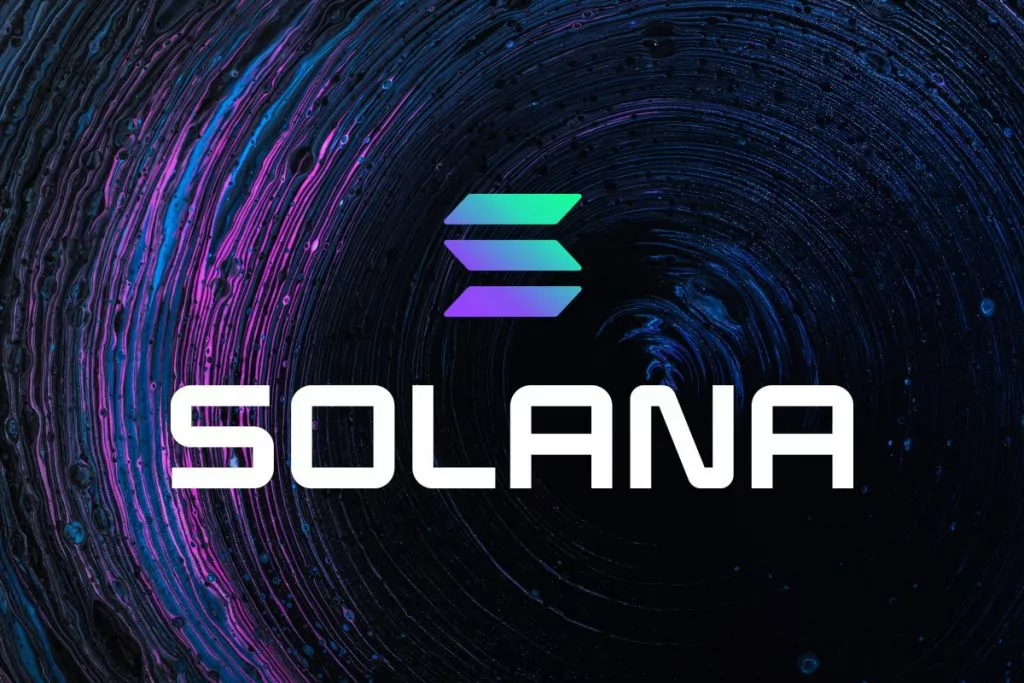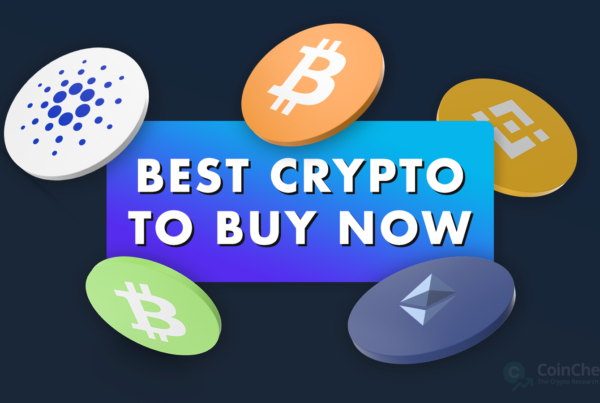
The cryptocurrency market’s unpredictability and volatility makes it a fascinating option for day trading, which is an approach where traders make multiple trades within a single day in an attempt to capitalize on short-term price movements.
We’ve analyzed the crypto market to find the best cryptos to day trade. When selecting the best day trading cryptocurrencies, we considered a number of factors, including but not limited to liquidity, volatility, market cap and availability on cryptocurrency exchanges.
What should you look for in a day trading crypto?
Day trading is very different from traditional investing, and the qualities of a good day trading asset don’t necessarily align with the qualities of an asset that’s suitable for long-term investing.
However, there’s still quite a bit of overlap between many of the best cryptos to day trade and the cryptocurrencies with the strongest fundamentals, as they tend to have the most liquidity and can be traded with a broad variety of instruments such as futures and options in addition to standard spot trading.
Here are some of the qualities that you want to be on the lookout for when choosing the best cryptos to day trade:
- Volatility: Volatility is important for day traders, as a volatile market provides more opportunities for day traders to benefit from short-term price swings.
- Liquidity: When trading a cryptocurrency with deep liquidity and strong trading volume, your orders will be executed quickly and you won’t lose money due to slippage.
- Trading products: Trading products such as futures contracts and options unlock new strategies for day traders
- Availability on exchanges: A cryptocurrency that’s listed on many exchanges will have a more robust market, and you’ll also be able to trade it regardless of which exchange you have an account on.
- Market cap: Trading a cryptocurrency with a significant market capitalization is safer, and will reduce the chances of sudden crashes triggered by negative news or technical issues.
Based on these factors, we’ve selected the following coins as the best cryptos to day trade:
| Market cap | Average daily volume over last 30 days | 30-day volatility | Exchange listings | |
| Bitcoin | $519 billion | $33 billion | 1.79% | 151 |
| Ethereum | $192 billion | $8.2 billion | 1.58% | 146 |
| XRP | $27.1 billion | $1.9 billion | 2.7% | 122 |
| Solana | $8 billion | $2.7 billion | 4.5% | 88 |
| Litecoin | $4.8 billion | $946 million | 2.9% | 119 |
| Polygon | $4.2 billion | $728 million | 3.2% | 102 |
| Chainlink | $3.7 billion | $394 million | 4.1% | 115 |
Data as of September 22, 2023.
The best cryptos to day trade
Now that we know what to look for when it comes to cryptocurrencies that are suitable for day trading, let’s get right to our list of the best cryptos to day trade.
1. Bitcoin

Bitcoin is a great cryptocurrency to day trade, as it has very strong liquidity while still displaying the kind of volatility that day traders are looking for in the cryptocurrency markets. In addition, there is a huge selection of different products for trading Bitcoin, including various types of futures contracts and options.
In addition to spot markets, you can trade Bitcoin using perpetual futures contracts and standard futures contracts, and there’s a broad range of options available when it comes to settlement.
BTC is by far the most liquid cryptocurrency (if we exclude the USDT stablecoin). In September of 2023, Bitcoin has been seeing $33 billion in daily trading volume on average while the next closest competitor, Ethereum, had $8.2 in average daily volume during the same period.
2. Ethereum

Ethereum is the second-largest cryptocurrency by market capitalization, and the second most liquid as well. Over the last 30 days, Ethereum has had a similar volatility profile to Bitcoin, although September 2023 has admittedly been a very low volatility period for crypto market standards.
ETH is a highly liquid cryptocurrency that’s listed on practically all crypto exchanges, and the project has an extremely strong community of both users and developers that ensures it will remain a relevant player for years to come.
One particularly interesting aspect of ETH is that there’s a variety of decentralized applications and protocols that can potentially unlock new trading strategies. For example, it’s possible to use ETH as collateral to borrow DAI stablecoins on the MakerDAO platform, which can be a way of accessing leverage. It’s also possible to trade ETH derivatives directly on the blockchain thanks to protocols such as dYdX and GMX.
3. XRP

XRP is a unique cryptocurrency that offers very fast transactions and low fees, which makes it suitable for cross-border transactions and other types of transactions where traditional payments systems display a lot of inefficiency.
The XRP cryptocurrency is closely related to the fintech company Ripple, which develops XRP-based products for financial institutions such as banks and payments providers.
The connection between XRP and Ripple has its positives and negatives. While Ripple is the key player driving the development of the XRP ecosystem, Ripple’s involvement with XRP has sparked concerns about decentralization and there’s an open question of whether XRP is a security issued by Ripple or not.
XRP sometimes displays spikes in volatility caused by news events surrounding the multi-year legal battle between Ripple and U.S. securities regulator SEC (Securities and Exchange Commission).
4. Solana

Solana is a blockchain with smart contracts support and extremely efficient transactions. Solana’s native asset SOL has become a mainstay of the cryptocurrency top 10, and Solana is considered as one of the most credible competitors/alternative to Ethereum, which is currently the undisputed king of blockchain-based smart contracts.
The markets for SOL are extremely active, as the coin has been displaying $2.7 billion worth of trading volume on average in the last 30 days. This is very impressive considering that the market capitalization of SOL is $8 billion. Combined with its 30-day volatility of 4.5%, Solana is definitely worth exploring for those who are looking for new cryptocurrencies to day trade.
5. Litecoin

Litecoin is one of the most established “altcoins”, as it has been on the scene since 2011. LTC is similar to Bitcoin in many ways, but is designed to be more useful for day-to-day transactions. Crypto community members often say that Litecoin is the silver to Bitcoin’s gold.
Litecoin is a solid choice for crypto day traders, as it has relatively deep liquidity, a lot of exchange listings and a variety of futures trading products. In the last 30 days, it has seen more volatility than BTC.
In comparison to Bitcoin, Litecoin has a 4 times faster block time, 4 times larger supply and a different hashing algorithm. Litecoin transactions are generally cheaper and faster than Bitcoin transactions, which makes LTC a popular option among merchants accepting crypto.
6. Polygon

Polygon is a project that’s creating scalability solutions based on Ethereum. The project’s flagship product is the Polygon PoS platform, which is an Ethereum-compatible blockchain that offers much lower fees and faster transactions to users.
The MATIC token is used as the native token across the platforms developed by Polygon. The reason why the token is called MATIC is because the Polygon project was previously known as Matic Network.
The token has strong liquidity, with an average daily trading volume of $728 million in the last 30 days. Those who are looking to trade MATIC with leverage have access to a variety of MATIC futures products on crypto exchanges like Binance.
7. Chainlink

Chainlink is a blockchain project that’s building a variety of web3 services, most notably oracles that allow on-chain smart contracts to be connected to reliable real-world data sources.
The Chainlink decentralized oracle network that acts as a bridge between blockchain smart contracts and external data sources, APIs, and payment systems. It enables smart contracts to access and interact with real-world data, making them more versatile and capable of executing a wide range of applications beyond the blockchain.
The Chainlink team has also released CCIP (cross-chain interoperability protocol), a protocol that allows different blockchain platforms to interoperate.
Chainlink’s LINK token has high liquidity, strong exchange support and relatively high volatility, which makes it worth exploring for day traders.
The bottom line
We hope that our selection of the best day trading cryptos has helped you identify which crypto assets are worth your time if you’re pursuing a day trading strategy in the cryptocurrency market.
If you’re looking to invest in crypto instead of day trading it, our article featuring the best cryptocurrencies to buy right now can get you started in the right direction.



